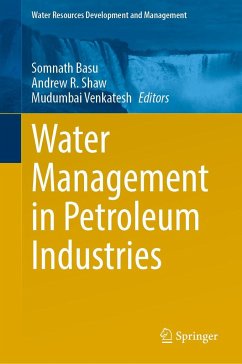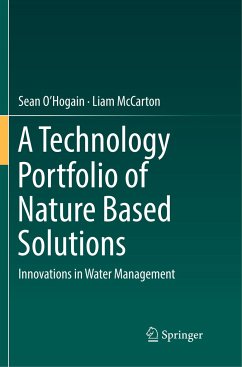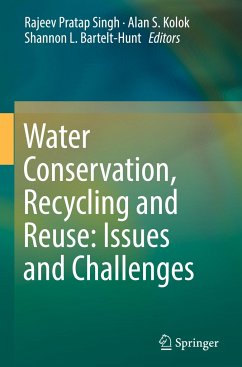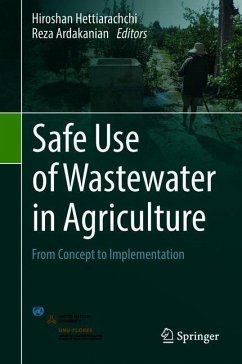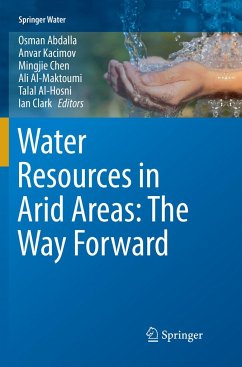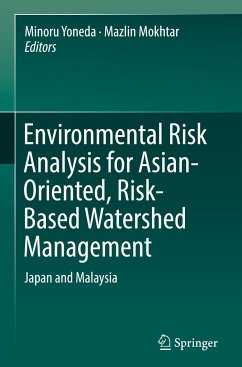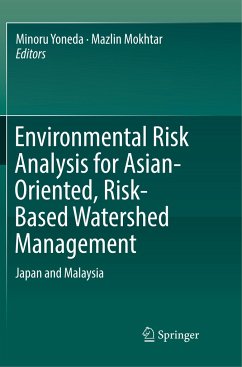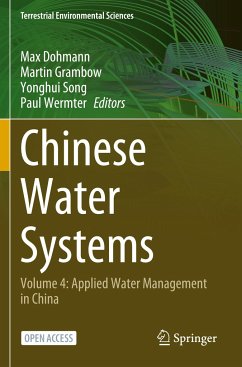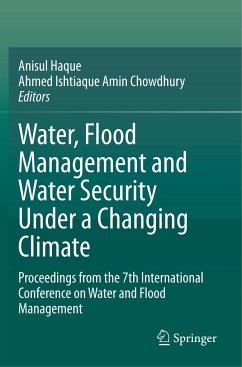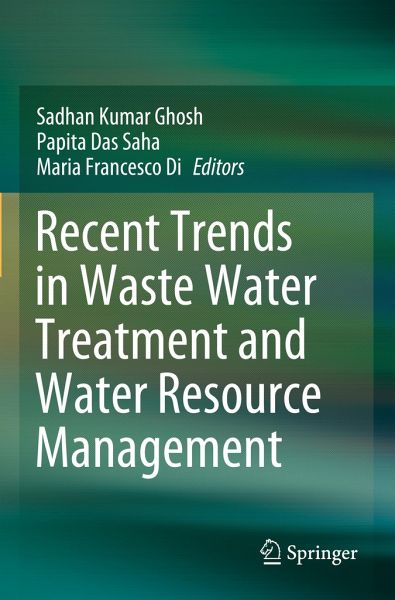
Recent Trends in Waste Water Treatment and Water Resource Management
Versandkostenfrei!
Versandfertig in 6-10 Tagen
65,99 €
inkl. MwSt.

PAYBACK Punkte
33 °P sammeln!
This book addresses a complex issue - water sustainability - that requires a combined approach to manage both water and energy. It highlights several technologies that have been introduced to study the water-energy linkage. It also discusses the need to develop effective laws for water management.In turn, the book assesses hybrid biological systems and demonstrates why they are better for the wastewater treatment process. Lastly, it reviews wastewater quality requirements, which have been the primary driver of industrial wastewater treatment programs in India.Gathering selected, high-quality r...
This book addresses a complex issue - water sustainability - that requires a combined approach to manage both water and energy. It highlights several technologies that have been introduced to study the water-energy linkage. It also discusses the need to develop effective laws for water management.
In turn, the book assesses hybrid biological systems and demonstrates why they are better for the wastewater treatment process. Lastly, it reviews wastewater quality requirements, which have been the primary driver of industrial wastewater treatment programs in India.
Gathering selected, high-quality research papers presented at the IconSWM 2018 conference, the book offers a valuable asset, not only for researchers and academics, but also for industrial practitioners and policymakers.
In turn, the book assesses hybrid biological systems and demonstrates why they are better for the wastewater treatment process. Lastly, it reviews wastewater quality requirements, which have been the primary driver of industrial wastewater treatment programs in India.
Gathering selected, high-quality research papers presented at the IconSWM 2018 conference, the book offers a valuable asset, not only for researchers and academics, but also for industrial practitioners and policymakers.






